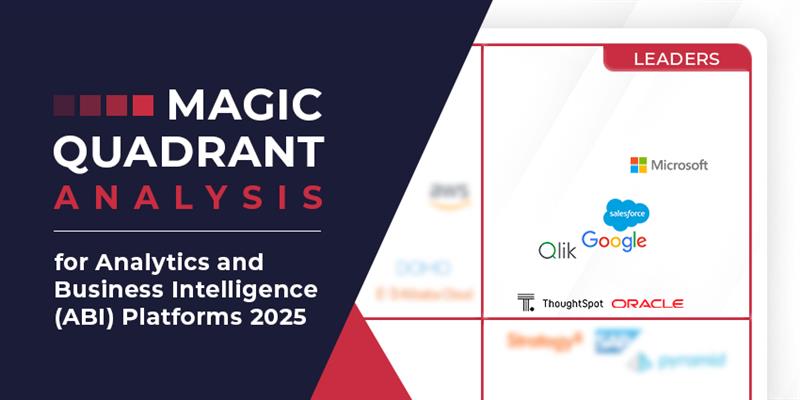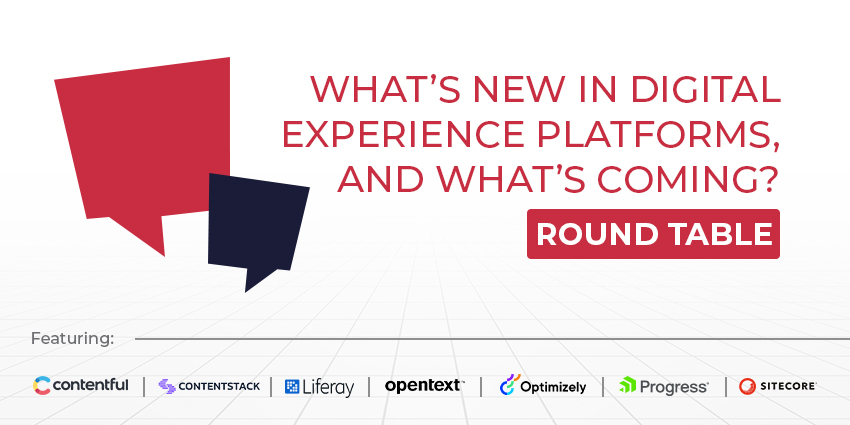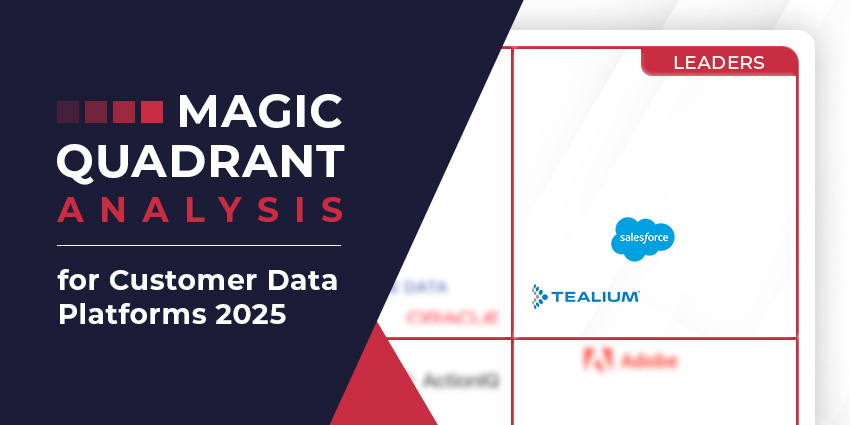Satya Nadella, CEO of Microsoft, has made some bold predictions about how AI agents will impact SaaS solutions moving forward.
Speaking in an interview with Bill Gurley and Brad Gerstner on their B2G podcast, Nadella suggested that the “notion that business applications exist” could “collapse” in the agentic AI era.
The comments came in response to a question concerning Microsoft’s copilot-first approach and whether it will render some existing infrastructure obsolete.
The Microsoft CEO expounded on his point, suggesting that at a fundamental level, SaaS/business applications are essentially CRUD (create, read, update, delete) databases with business logic.
It is the business logic or ‘rules’ aspect that Nadella believes will be taken over by AI agents.
Indeed, he claims that AI will be deployed to manage rules across multiple apps or databases rather than having them hardcoded into each individual app.
The Microsoft man expects this to lead to the collapse of traditional back-end systems, with AI agents handling multi-repository CRUD operations across different databases, as he explains:
“They’re going to update multiple databases, and all the logic will be in the AI tier, so to speak.
Once the AI tier becomes the place where all the logic is then people will start replacing the back ends.
Nadella admits that with Microsoft’s Dynamics, the company is choosing to “aggressively” try and “collapse” backends, thus making SaaS applications less important.
He claims that this is due to more customer demand for AI-native business applications, which can seamlessly transition from copilot to agent to business app.
As an example, Nadella highlighted the integration of Python with Excel, stating that it is “like GitHub with copilot.”
Python in Excel doesn’t just analyze; it plans and executes, using Excel’s visualization capabilities as a scratchpad for analysis.
According to the Microsoft CEO, the copilot essentially becomes a tool within Excel, leveraging its Python interpreter for advanced tasks.
At some point, this could evolve into generating entire Excel-like experiences via a code interpreter.
With copilot as the organizing AI layer, it can connect with agents, including those embedded in applications like Excel, Word, etc.
The agents will then be able to handle specific workflows – Excel for data analysis, Word for legal documents, and so on – all with copilot guiding the process.
Interestingly, despite the implications that AI agents could lead to the replacement of certain SaaS apps altogether, in this example, Nadella is instead describing a scenario where it will be used to transform the solutions by making them more integrated, intelligent, and autonomous.
The CX Tech Space Responds
Unsurprisingly, Nadella’s comments piqued the interest of the customer service and experience tech sector, with a wide variety of views and opinions being expressed across social media channels.
For Sabeel Ahmed, Chief AI Product Developer at Skyward Blue, Nadella’s thoughts on businesses needing to build their apps with AI agents from the ground up were of particular import.
In a post on LinkedIn, Ahmed wrote that “while AI is definitely disrupting the SaaS industry, it’s also opening up a lot of new opportunities.
Companies that start building AI-first solutions now will be ahead of the game when this shift really takes off.
In the same LinkedIn thread, Maurizio Ceccacci, Associated Digital Coach for SMB, also argued that the potential shift from a software-centric vision to an agent-centric vision is positive, as it means “returning to a focus on solving the problem rather than on the technology to be implemented.”
Ivan Landabaso, on the other hand, questioned how realistic the timeframe outlined by Nadella is.
Writing on LinkedIn, the JME Ventures Partner did admit to finding the concept compelling, but suggested that moving business logic to the AI tier would be a time-consuming and complex process.
Landbaso predicts that legacy systems will persist, and enterprise adoption may take years due to the deep reliance on existing SaaS solutions.
However, he also sees it as an opportunity, writing that “founders who build modular, AI-first apps today are positioning themselves to lead when the shift happens.”
For Kane Simms, Founder of VUX World, the bigger story here is that Microsoft is essentially saying: “In a world of AI agents, what do you even need Excel for?”
In a LinkedIn post, Simms took this point further, claiming that in openly discussing how AI could impact its own legacy, Microsoft is actively embracing self-disruption.
This insight into how Nadella views the future of his company is crucial in understanding the role of AI moving forward, as Simms explains:
So, the question is: if Microsoft, one of the biggest, most diverse companies on the planet, believes that AI is a radical and fundamental game changer, then what will it do to your business?
Eager to learn how AI will transform the customer experience tech industry in 2025? If so, subscribe to the CX Today newsletter.







